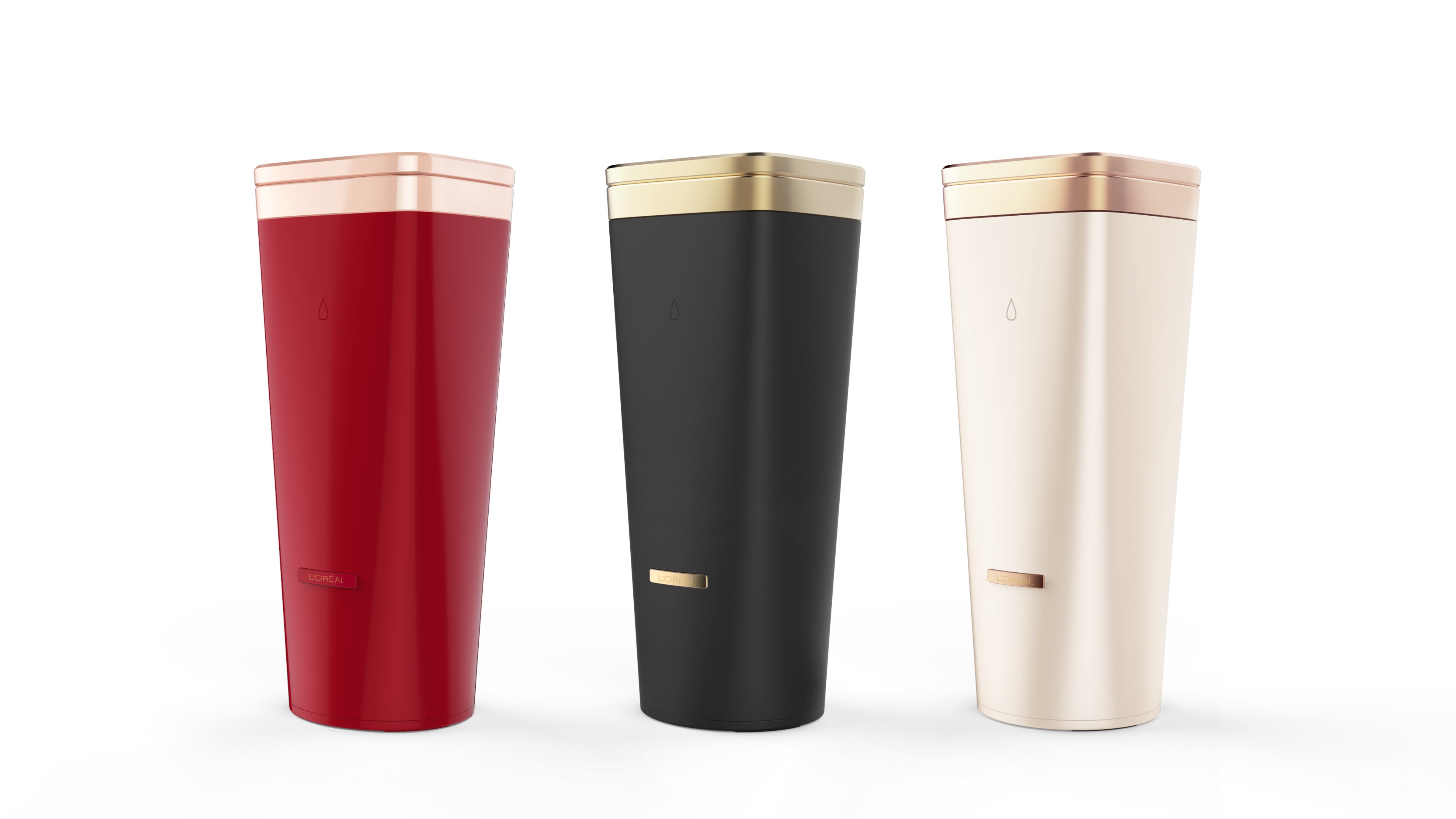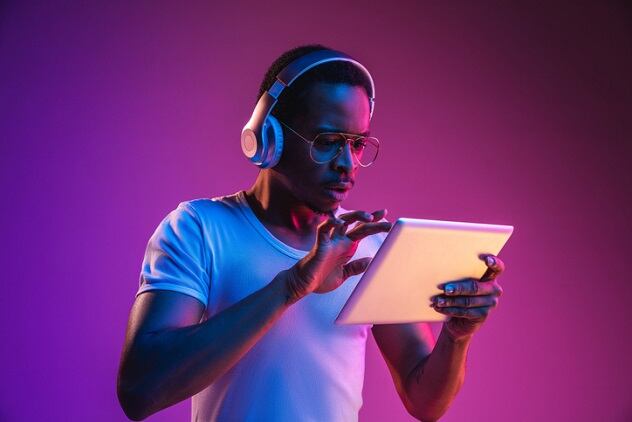The global beauty major will be showcasing the device at the Consumer Technology Association (CES) 2020 tradeshow in Las Vegas that kickstarted today and said the ‘Perso’ device would be launched in partnership with a “leading L’Oréal skin care brand” in 2021.
Four smart steps to personalised beauty
According to L’Oréal, the artificial intelligence (AI) powered at-home device used a patented motorised system to create personalised skin care formulas including moisturisers, serums and under-eye creams, in four steps.
Whilst the phase-one rollout focused on skin care, the company said the device would also be able to be used for personalised lipsticks and foundations “at a later date”.
Linked to a mobile app and reliant on L’Oréal’s ModiFace tech, the device analysed a user’s overall skin condition from a photo uploaded through their smartphone, looking at aspects like deep wrinkles, fine lines, the appearance of dark spots and pore visibility. The device then assessed local environmental conditions based on geo-location data that could influence skin condition, including weather, temperature, pollen, UV index and humidity, before asking users to add in any personal skin care concerns via the app. Consumers also had the chance to add in product preferences, such as preferred texture and hydration level. Based on this analysis, the device then blended a personalised skin care formula and dispensed it in a single dose on top of the device. A detachable mirrored top gave the option to take a single or larger dose with them on-the-go. Automatic refills were then tracked and managed through the app.
“With Perso, we are putting personalised technology directly into the hands of our consumers,” said Guive Balooch, head of L’Oréal’s Technology Incubator.
“We know that customisation relies on information about your unique skin and personal preferences as well as your environment; this technology accounts for that,” Balooch said.
Importantly, he said the AI-driven device optimised formulas and got smarter as consumers used it. L’Oréal said that with regular use, Perso would be able to assess skin conditions over time, letting users know what was working and automatically adapt future formulas based on personal results.
A smart beauty device future?
Nicolas Hieronimus, deputy chief executive officer at L’Oréal, said the smart beauty device had been built on the company’s “deep scientific heritage and leadership in innovation” and would provide consumers “near limitless personalisation and precision”.
For the later launch phases in the colour cosmetics category, L’Oréal said Perso would be able to incorporate real-time trend information as well as colour-matching technology for lipsticks and foundations. Consumers would be able to design a lipstick share to match an outfit, for example, or opt for a colour trending on social media, it said.
L’Oréal had already developed a series of smart beauty devices and products in recent years, including the personalised skin care system Custom D.O.S.E by SkinCeuticals; customised foundation platform Le Teint Particulier by Lancôme; at-home personalised hair colour system Color & Co; and My Skin Track UV by La Roche-Posay.
In July, last year, Japanese personal care major Shisheido also launched a personalised skin care system combining a smartphone app and dedicated product dispenser. Its ‘Optune’ device was launched on a subscription-based service at a cost of around €82 per month.
Back in October, Laura Gurski, senior managing director and global lead for Consumer Goods and Services at strategy and consulting firm Accenture, told CosmeticsDesign-Europe the beauty tech race was certainly on, with artificial intelligence, augmented reality, big data and mobile apps increasingly part and parcel of everyday business. Gurski also said European beauty firms were ahead of their US counterparts, with large-scale investments in the category to develop highly-personalised products.


